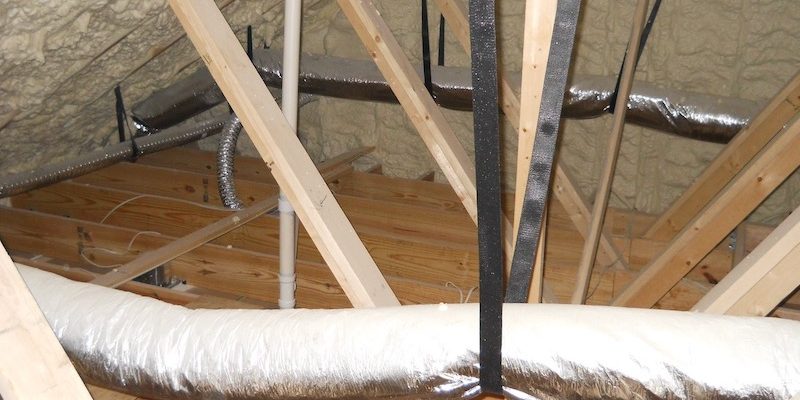
Insulated roofing has gained significant popularity in recent years due to its numerous advantages over traditional roofing systems. By incorporating advanced insulation materials and techniques, insulated roofs offer a range of benefits that go beyond basic weather protection. In this article, we will explore the key advantages of insulated roofing, including enhanced comfort, improved energy efficiency, and long-term cost savings.
- Enhanced Comfort:
Insulated roofs provide superior thermal insulation, creating a more comfortable indoor environment throughout the year. By minimizing heat transfer, these roofs help maintain stable temperatures, reducing the need for excessive heating or cooling. This insulation also acts as a barrier against external noise, ensuring a quieter and more peaceful living or working space. - Improved Energy Efficiency:
One of the most significant advantages of insulated roofing is its ability to enhance energy efficiency. The insulation layer minimizes heat loss during colder months and prevents heat gain during hotter months. This reduces the reliance on heating and cooling systems, resulting in lower energy consumption and reduced utility bills. Additionally, the reduced energy usage contributes to a smaller carbon footprint, making insulated roofs an environmentally friendly choice. - Cost Savings:
Insulated roofs offer long-term cost savings for homeowners and businesses. By reducing the need for excessive heating and cooling, energy bills can be significantly reduced. The initial investment in insulated roofing is often offset by these ongoing savings, making it a financially wise choice in the long run. Moreover, the durability and longevity of insulated roofs minimize maintenance and repair costs, further adding to the overall cost-effectiveness. - Condensation Prevention:
Insulated roofing systems effectively prevent condensation issues that can lead to mold growth and structural damage. The insulation layer acts as a vapor barrier, reducing the risk of moisture buildup within the roof structure. This is particularly beneficial in humid climates or areas prone to heavy rainfall. By maintaining a dry and moisture-free environment, insulated roofs contribute to the overall health and longevity of the building. - Versatility and Design Options:
Insulated roofing systems offer a wide range of design options and versatility. They can be customized to suit various architectural styles and building requirements. Additionally, insulated roofs can accommodate skylights, solar panels, and other accessories without compromising their thermal performance. This flexibility allows for creative design possibilities while still reaping the benefits of insulation.
Conclusion:
Insulated roofing provides a multitude of advantages, ranging from enhanced comfort and improved energy efficiency to long-term cost savings and condensation prevention. By investing in an insulated roof, homeowners and businesses can create a more comfortable living or working environment, reduce energy consumption, and enjoy significant financial benefits. With its versatility and design options, insulated roofing is a smart choice for those seeking both practicality and aesthetic appeal. Embrace the advantages of insulated roofing and experience the transformative benefits it offers.

